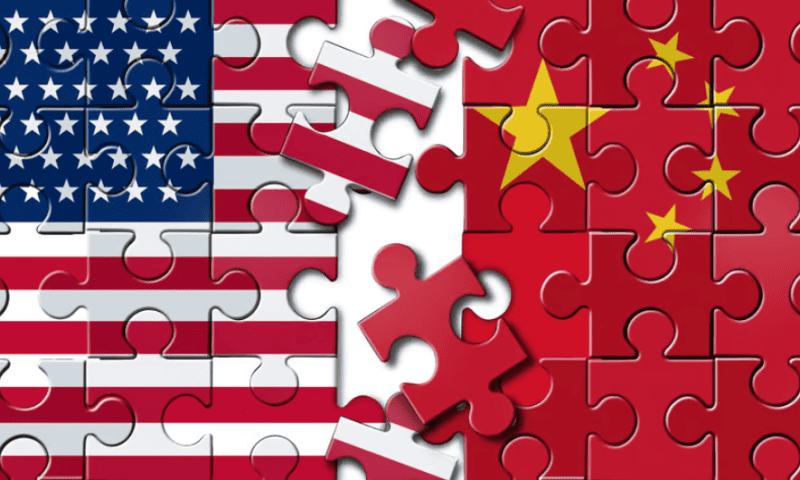In a year that has already seen Connect Biopharma walk away from a Pfizer collaboration and halt its preclinical work, the biotech is now in the process of “significantly reducing” its presence in China.
As part of its transition into a U.S.-focused company, Connect had already reduced its Chinese head count by around 15% in the year leading up to July, with “further reductions in the China workforce expected by end of year.”
This geographical pivot has also seen Connect transfer the manufacturing process for its anti-IL-4Ra antibody rademikibart to a U.S.-based contract manufacturer, “allowing the company to significantly reduce manufacturing expenses for the remainder of 2024 and 2025.”
They are only the latest changes at Connect, which in April returned the rights for an eczema drug to Pfizer. The biotech had identified the H3R antagonist as complementary to rademikibart and Regeneron and Sanofi’s rival drug Dupixent but decided to pass back the drug to “maximize resources and extend its cash runway.”
That same focus on conserving cash also saw Connect halt all preclinical and discovery programs.
The company has since received “favorable feedback” from the FDA about potential phase 3 trials for rademikibart in both asthma and atopic dermatitis. But, in a second-quarter earnings report yesterday, Connect said it is still “considering whether advancing rademikibart into a phase 3 program is the appropriate next step versus other development opportunities for rademikibart, which could be completed without additional financing.”
Simcere Pharmaceutical—which picked up the greater China rights to the drug last year—doesn’t have the same hesitation, having recently announced the launch of phase 3 trials of rademikibart in asthma and moderate to severe atopic dermatitis.
“Having had the opportunity to thoroughly review all the clinical data generated with rademikibart, I continue to be incredibly excited about this potential best-in-class competitor to [Dupixent],” Connect CEO Barry Quart said in the Sept. 5 release.
“In parallel, we continue to take steps towards transforming into a U.S.-centric company and significantly reducing our footprint in China,” added Quart, who joined Connect in June. “We are excited about the company’s transformation and look forward to unveiling our new strategy for rademikibart in the near future.”
Connect ended June with $110.2 million in cash and equivalents. Combined with its ongoing efforts to keep a tight grip on its spending, the biotech expects this money to fund its operations into “at least” the first half of 2027.
Connect’s other clinical-stage candidate is an S1P1 T-cell receptor modulator called icanbelimod that is being aimed at ulcerative colitis, although the company didn’t share any updates on the asset in yesterday’s release.

